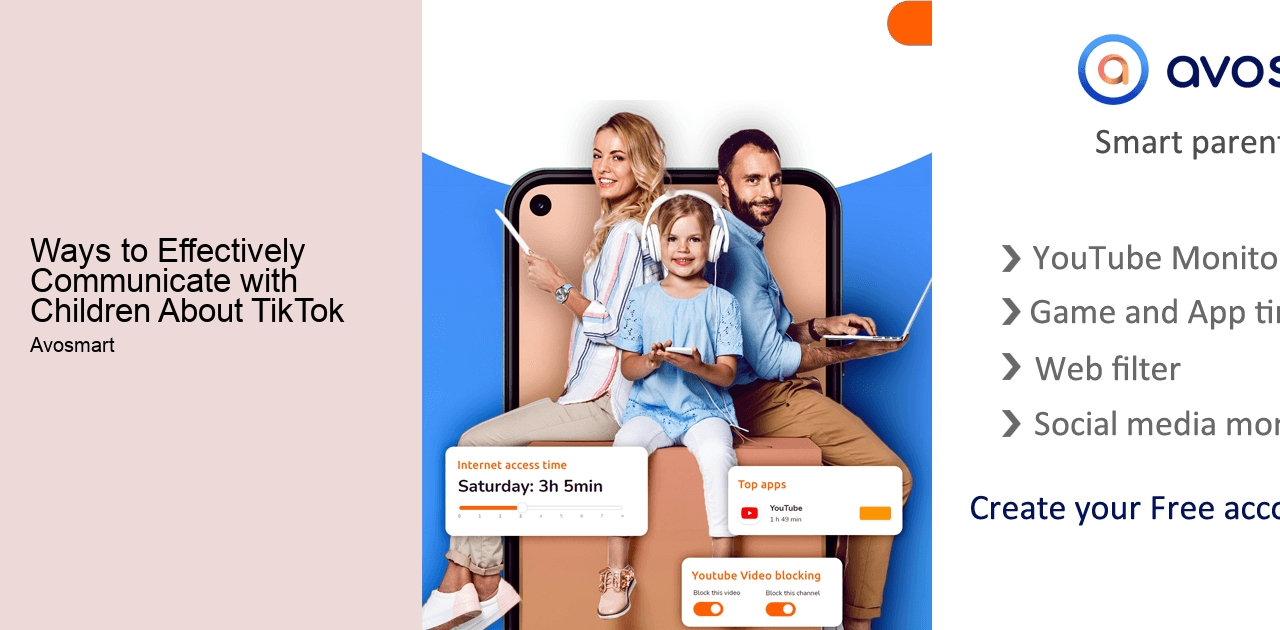
The Importance of Open Communication with Children about TikTok
Ways to Effectively Communicate with Children About TikTok
Open communication with children about TikTok is crucial for their safety and well-being. Parents should educate themselves about the app and its potential risks, such as cyberbullying and inappropriate content. By discussing TikTok with their children, parents can establish trust and create a safe space for open dialogue. It is important to set boundaries and monitor their online activity to ensure they are using the app responsibly. Regular conversations about online safety and the potential dangers of sharing personal information can help children make informed decisions and navigate the digital world safely.


